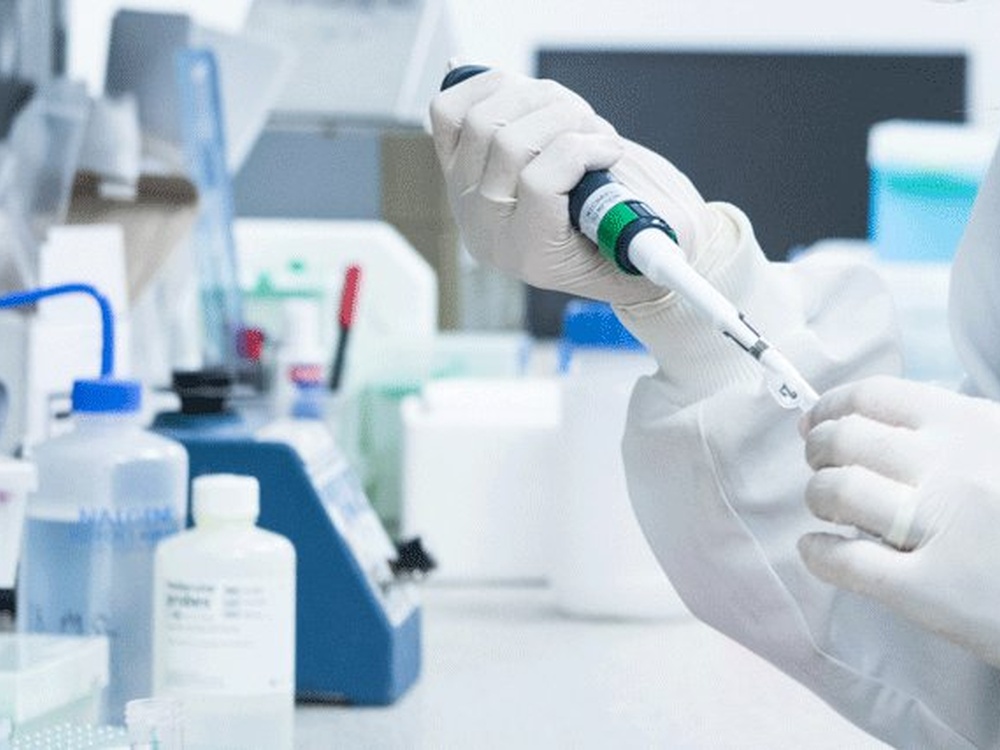The study, which is joint-funded by The Lily Foundation and the Australian Mitochondrial Disease Foundation (AMDF), involves specialist doctors and scientists working at mitochondrial centres attached to Newcastle University, the University of Cambridge and Cardiff University.
The pioneering project aims to develop an effective form of nucleoside bypass therapy, an experimental treatment in which modified nucleoside molecules are used to increase the production of healthy mitochondrial DNA in patients with mitochondrial depletion syndrome RRM2B, a type of mitochondrial disease.
The research will combine a detailed patient study with testing of treatment formulas on skin cells taken from patients with mitochondrial depletion syndrome RRM2B, which scientists hope will be a precursor to clinical trials.
Professor Robert McFarland, a principal investigator from the Wellcome Centre for Mitochondrial Research at Newcastle University, and a member of The Lily Foundation's Medical Board, said: “We are delighted that The Lily Foundation and AMDF have committed to funding this important research project, which we believe will pave the way for effective nucleoside therapy for patients with mitochondrial DNA depletion. We hope that by testing this treatment in cells grown in the laboratory we can optimise the type and combination of nucleosides to use in animal models, and subsequently in human trials.”
Founder and CEO of The Lily Foundation Liz Curtis, who founded the charity in 2007 following the death of her eight-month-old daughter Lily from mitochondrial disease, said:
"There are currently very few effective treatments available to families affected by mitochondrial disorders, so we are immensely proud and excited to be funding this research with AMDF. Continued investment in high quality mitochondrial research is crucial if we are to provide the medical help that patients desperately need. Nucleoside research is a prime example of the important projects we fund, which add to the field of knowledge about this complex condition and give hope to the hundreds of families we support who are fighting mitochondrial disease every day."
Sean Murray, CEO of AMDF, said the organisation was committed to supporting projects which will have maximum impact for the mitochondrial disease community. He said: “This project holds real promise of a potential treatment which could improve the lives of those living with this devastating disease. AMDF is delighted to partner with The Lily Foundation, an organisation that we have observed over the last decade and has always impressed me with the impact they have on people with mitochondrial disease. I have great admiration of their team and the work they do."
About nucleoside therapy
Mitochondria contain their own DNA, known as mitochondrial DNA or mtDNA, which is vital for mitochondria to generate the energy needed to power cells. The quality and quantity of mtDNA must be maintained for the mitochondria to produce key proteins necessary for their function. Problems with mtDNA maintenance can reduce the amount and quality of mtDNA and lead to impaired energy production, which in turn can cause mitochondrial DNA depletion syndrome.
There are four chemical ‘building blocks’ needed to make mtDNA, collectively known as deoxynucleoside triphosphates, or dNTPs, which need to be present in a carefully balanced pool within mitochondria. If this pool is not maintained, or the relative proportions of the four different dNTPs within the pool is disrupted, then mtDNA is not made and this can result in mitochondrial DNA depletion syndrome.
Research has shown that providing deoxynucleosides (nucleosides), or similar building blocks known as deoxynucleotides (nucleotides), may correct the depletion by bypassing the block that is impairing the production of one or more dNTPs. This may restore the amount and balance of dNTPs available for making or repairing mtDNA, and lead to improvement in the problems associated with the condition.
Nucleoside therapy has already been used to treat the mitochondrial depletion syndrome TK2, another type of mitochondrial disease where only two of the four nucleosides are depleted. However, extending the currently available nucleoside therapy to other depletion syndromes poses a number of challenges for scientists.
Getting the nucleosides to their target in the body is a huge challenge, and ensuring the pool of nucleosides is balanced so as not to cause further problems is crucial. As a result, no patients with depletion syndromes other than TK2 have been successfully treated with the currently available compounds to date.
This new research hopes to change this by developing modified nucleosides which are far more like a medicine than the compounds currently available, and which can be delivered to the right place in the cell and do their job effectively without any harmful side effects.
For press enquiries please contact:
Sam Tinson
Email: [email protected]
Mob: 07845 692 488

